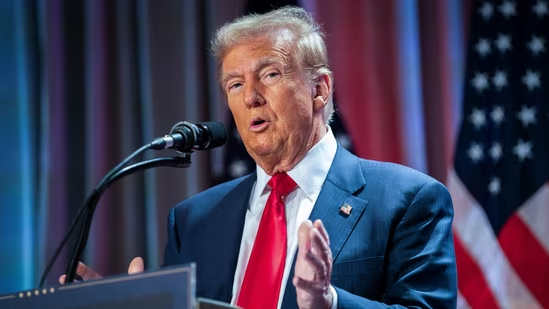Congress Takes Action to Prevent Shutdown
The House of Representatives narrowly passed a stopgap funding bill on December 20, 2024, just hours before a midnight deadline, averting a potential government shutdown. The legislation secures government operations until March 14, 2025, and allocates over $100 billion in disaster relief for victims of recent hurricanes and other emergencies.
Bipartisan Efforts Undermined by Political Disputes
Although initial bipartisan negotiations had crafted a funding agreement, last-minute demands from President-elect Donald Trump and ally Elon Musk disrupted the process. Their proposed changes, including suspending the debt ceiling, fractured Republican unity. The party’s internal divisions threatened to derail the legislation until Speaker Mike Johnson introduced a strategic “Plan C.” By splitting the funding components into separate votes, Johnson managed to gather sufficient support to pass the bill.
“This approach reflects the urgency and complexity of our current challenges,” said Speaker Johnson. “While not perfect, it ensures the government stays operational and addresses critical disaster needs.”
Senate Expected to Act Quickly
The Senate is poised to approve the measure, with Majority Leader Chuck Schumer expressing confidence. “This is a necessary step to protect federal workers, maintain essential services, and deliver disaster relief,” Schumer stated. President Joe Biden has indicated he will sign the bill into law immediately upon Senate approval.
Avoiding Shutdown Consequences
Federal agencies had issued dire warnings about the potential impacts of a shutdown, including significant disruptions to holiday travel and financial strain on federal employees, many of whom would have been required to work without pay. “A shutdown would have far-reaching consequences for millions of Americans, especially during the holiday season,” noted a Department of Transportation official.
Implications of Congressional Tensions
This legislative action underscores ongoing tensions in a divided Congress, with debates over spending priorities and governance strategies reflecting deep partisan divides. The involvement of influential figures like Trump and Musk further highlights the intersection of politics and personal influence in shaping legislative outcomes.
As the government moves forward with temporary funding, lawmakers face a challenging road ahead to establish a long-term budget solution before the new deadline in March 2025.
Sources:
Image: abcnews.go.com


